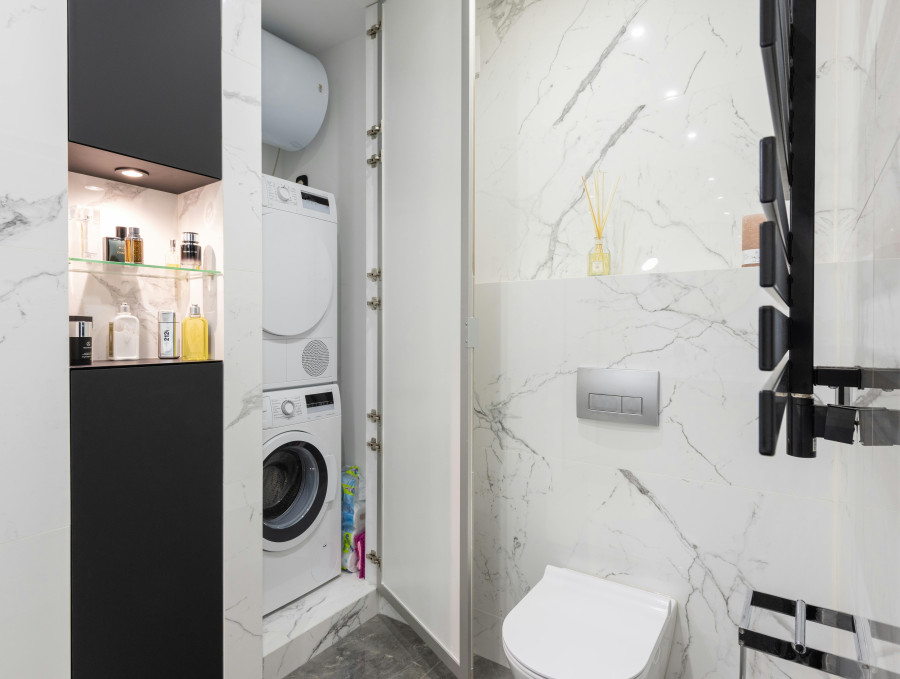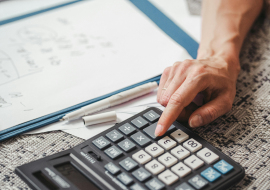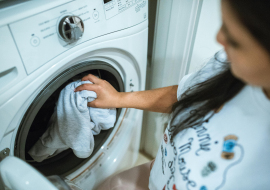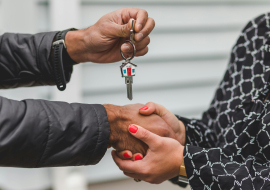
Using a washing machine and air conditioner at the same time: why do the circuit breakers trip?

Using multiple appliances at the same time, such as a washing machine and air conditioner (and sometimes a dryer), requires careful management of the electrical load to avoid power outages and control energy costs. Investing in electrical upgrades and implementing energy-efficient practices can help better manage these appliances and ensure they operate smoothly and safely.
Why do the circuit breakers trip when using the washing machine and air conditioner at the same time?
One of the common problems that many people face is the overload of the electrical system when the washing machine and air conditioner are running at the same time. This can cause the fuses to trip. The main reason for this problem is the high power consumption of both appliances, which can exceed the capacity of the electrical network in the house.
Many homes have electrical wiring that is not designed to handle the high load of multiple devices running at the same time. If your home's electrical system is not powerful enough, running energy-consuming devices at the same time can easily cause fuses to trip or the residual-current circuit breaker to trip.
Additionally, old or poorly designed cables can make the problem worse. Frayed or damaged wires may not be able to handle the high load, causing power outages.
How to solve the problem of electrical network overload?
The simplest solution is to not use the washing machine and air conditioner at the same time. Scheduling the use of each appliance at different times can help distribute the electrical load.
Consulting with an electrician to evaluate and upgrade your electrical wiring can fix the problem. This may include installing new dedicated circuits for energy-hungry appliances. Improving your home's energy efficiency can also help reduce your energy bills.
Modern circuit breakers can help better manage electrical loads. These devices are designed to automatically turn off power in the event of an overload, protecting wiring and appliances. Additionally, installing solar panels can provide additional power, reducing reliance on the grid and reducing the risk of overload.
Energy consumption when using a washing machine and a dryer simultaneously
Using a washer and dryer at the same time can also result in high energy consumption, which can significantly increase your electricity bills and sometimes lead to overload.
The energy consumption of a washing machine depends on the wash cycle selected. Hot water cycles or intensive programs consume more energy than cold water cycles or delicate programs. Washing machines with a high energy efficiency rating consume less energy, so investing in a more economical model can significantly reduce your electricity consumption.
Condenser dryers generally use more energy than heat pump models, which are more energy efficient. In either case, longer cycles use more energy. Therefore, choosing short drying cycles and using a humidity sensor, if equipped, can reduce your dryer’s energy consumption.
News

09/10/2024
4% VAT on the purchase of a first home

09/10/2024
New eco-bonus 2025

07/10/2024
Tax credit for listing of IPOs

24/09/2024
How to care for your washing machine

23/08/2024
